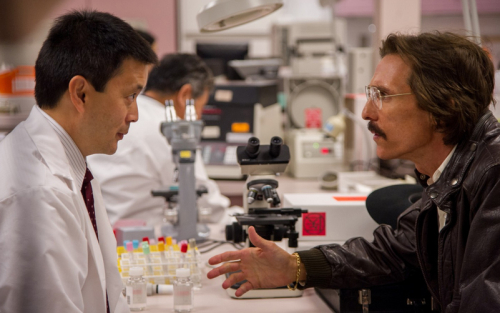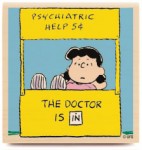Why Not Tweet When You Are In the Hospital and Not Feeling Well?
Being isolated in a hospital room leaves you vulnerable to doctors who may be inappropriate, rude and even abusive. You might consider that having the capacity to call for help – to Tweet – is empowering. Health care #911, and very public! But…




